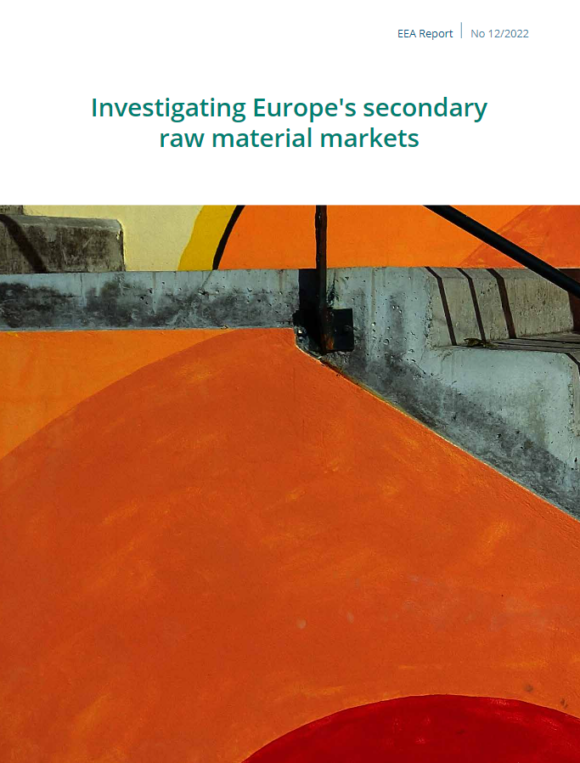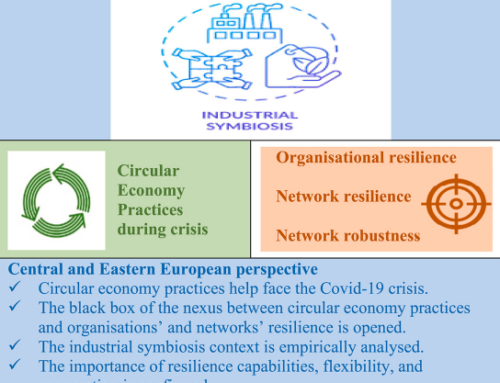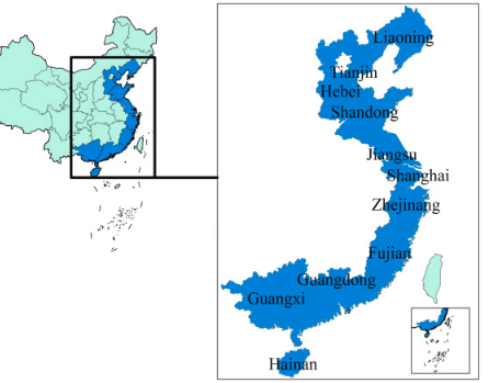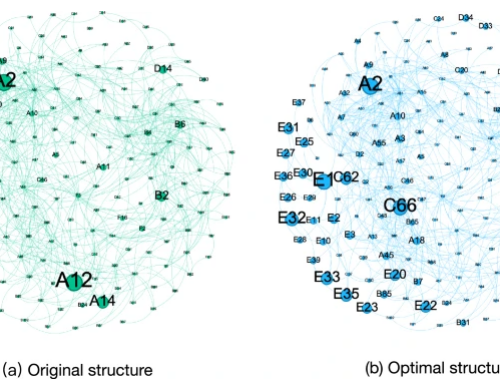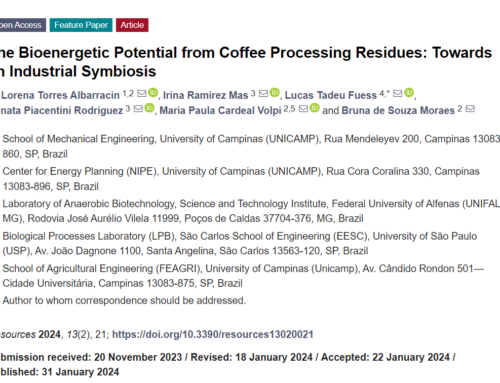Secondary raw material (SRM) markets are essential for a circular economy, as they allow recyclables to be reused in the production value chain, reducing the need for primary resources.
An EEA report named, “Investigating Europe′s secondary raw material markets”, has developed an assessment framework to evaluate the functionality of existing SRM markets. Applying the framework to eight common SRM markets reveals why some are not functioning optimally. The report identifies barriers preventing markets from reaching their full potential and suggests potential measures to support SRM markets in the EU. The assessment framework is based on criteria such as market size, material quality, representative prices, international scope of transactions, economic drivers, industrial capacity for recycling, availability of market information, and product standardisation. The report finds that the size and material quality of an SRM market are key to its functionality.
Barriers identified include lack of economic or regulatory incentives for product recyclability, insufficiently harmonised technical specifications, lack of trust in the supply and quality of SRMs, and lack of relevant information on SRM markets. Potential solutions include introducing fee eco-modulation (penalizing the use of environmentally harmful materials, while rewarding the use of those perceived as “better” for the environment), expanding recycling targets, developing EU-wide end-of-waste criteria, widening the scope of recycled content requirements, introducing technical standards or certifications for SRMs, and using pricing instruments to address the price competition between SRMs and primary resources.
To find out more click here.


